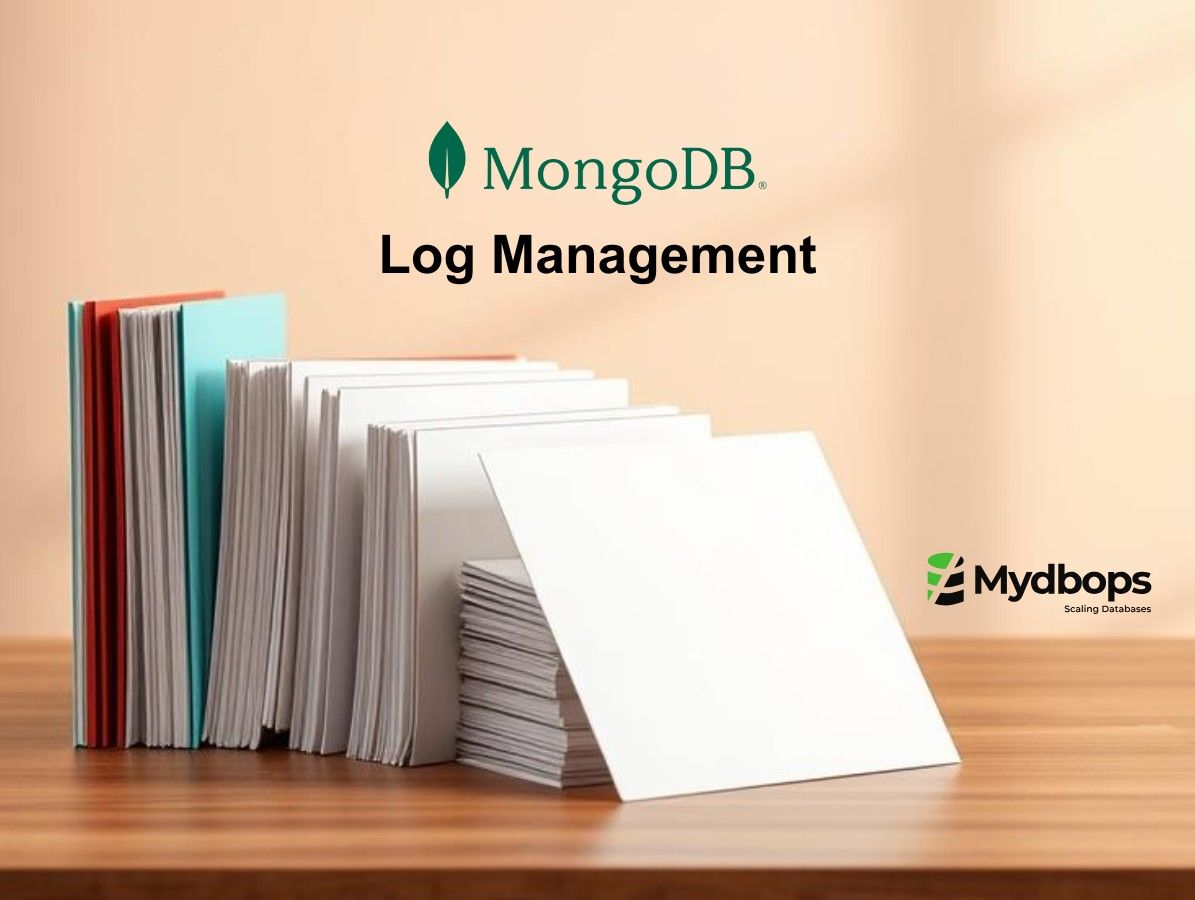NoSQL databases are designed to handle large volumes of unstructured and semi-structured data with flexibility and horizontal scalability. This tag covers key concepts, use cases, and performance tuning techniques for NoSQL systems like MongoDB, Cassandra, and Redis. For database professionals working with real-time applications, IoT, or big data, understanding NoSQL is crucial for modern architecture.
Unlike traditional relational databases, NoSQL databases don’t rely on fixed schemas or JOIN operations. They include various data models—document-based, key-value, wide-column, and graph databases—each suited for specific workloads. NoSQL systems excel at handling distributed data, high write throughput, and eventual consistency, making them ideal for applications like recommendation engines, analytics platforms, and microservices.
Professionals often face difficulties with data modeling, query optimization, and consistency trade-offs in NoSQL environments. The blogs under this tag provide practical solutions, such as schema design patterns, performance tuning tips, and insights on scaling NoSQL databases without sacrificing reliability or latency.
Browse the blogs below to dive deep into NoSQL best practices, performance optimization, and real-world implementation strategies. For hands-on guidance or NoSQL consulting, explore Mydbops Services.




.png)
